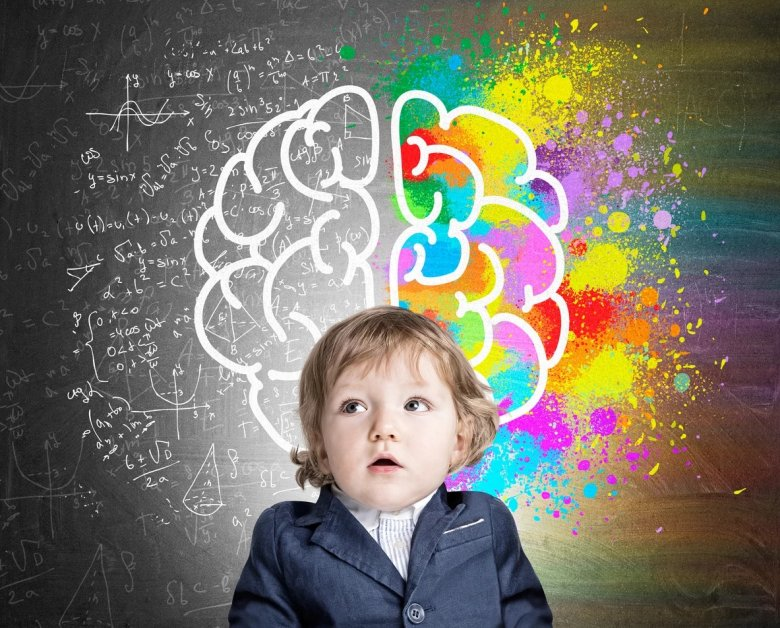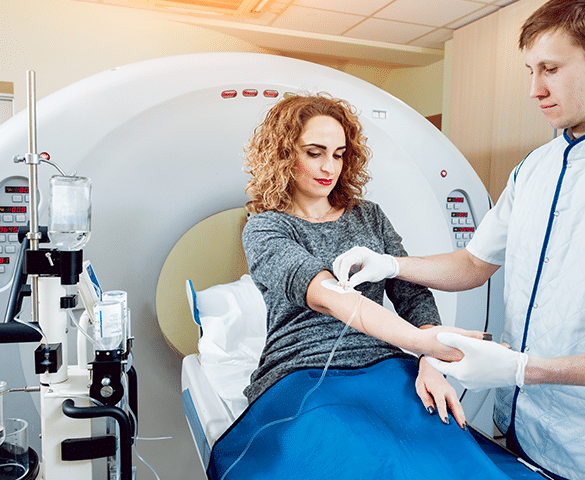Neurodevelopment is the process by which the brain and nervous system develop and mature. It begins before birth and continues throughout a person’s life. During neurodevelopment, neurons (nerve cells) are created and form connections with each other to create complex networks. These networks allow us to think, feel, move, and learn.
Neurodevelopment is influenced by a variety of factors, including genetics, environment, and experiences. Genetics determine the basic blueprint for the brain, but the environment and experiences play a critical role in shaping how the brain develops. For example, exposure to toxins, malnutrition, or trauma can disrupt neurodevelopment.
Normal neurodevelopment results in a brain that is able to function effectively in all areas, including learning, memory, attention, emotions, behavior, and social skills. However, sometimes neurodevelopment can be disrupted, resulting in a neurodevelopmental disorder. Neurodevelopmental disorders are a group of conditions that affect the brain and nervous system, leading to a variety of challenges in areas such as learning, behavior, communication, and social interaction.
Some of the most common neurodevelopmental disorders include:
- Autism spectrum disorder (ASD)
- Attention deficit hyperactivity disorder (ADHD)
- Intellectual developmental disorder (IDD)
- Communication disorders
- Specific learning disorders
- Motor disorders, such as tics
- Tourette syndrome
Neurodevelopmental disorders can range in severity from mild to severe. Some people with neurodevelopmental disorders may need lifelong support, while others may be able to live independently.
How does neurodevelopment affect learning and behavior?
Neurodevelopment plays a critical role in learning and behavior. The brain’s networks are responsible for all aspects of learning, from processing information to storing memories to retrieving knowledge. When these networks are disrupted, it can lead to learning difficulties.
For example, children with ADHD may have difficulty paying attention or controlling their impulses. This can make it difficult for them to learn in a traditional classroom setting. Children with ASD may have difficulty understanding social cues and communicating with others. This can make it difficult for them to form and maintain friendships.
Neurodevelopment also affects behavior. The brain’s networks are involved in regulating emotions, controlling impulses, and making decisions. When these networks are disrupted, it can lead to behavioral problems such as aggression, hyperactivity, and anxiety.
How can we support neurodevelopment?
There are a number of things that parents, educators, and other professionals can do to support neurodevelopment. Some of these include:
- Providing a safe and nurturing environment: The brain develops best in an environment that is safe and supportive. Children need to feel loved and accepted in order to thrive.
- Promoting healthy habits: Eating a healthy diet, getting enough sleep, and exercising regularly are all important for neurodevelopment.
- Stimulating the brain: Children need opportunities to learn and grow. Exposing them to new experiences and challenges can help to develop their brains.
- Providing early intervention: If a child is showing signs of a neurodevelopmental disorder, it is important to seek early intervention. Early intervention can help to minimize the impact of the disorder and improve the child’s long-term outcomes.
Conclusion
Neurodevelopment is a complex process that is influenced by a variety of factors. It is important to understand neurodevelopment so that we can support children’s learning and development. By providing a safe and nurturing environment, promoting healthy habits, stimulating the brain, and providing early intervention, we can help all children to reach their full potential.
Here are some additional tips for supporting neurodevelopment:
- Be patient and understanding. Children with neurodevelopmental disorders may need more time and support to learn and grow.
- Celebrate successes. It is important to celebrate all of the child’s accomplishments, no matter how small they may seem.
- Work with the child’s team. Educators, therapists, and other professionals can provide support and guidance.
- Be an advocate for the child. Speak up for the child’s needs and ensure that they are receiving the services they need.
Remember, all children are different. What works for one child may not work for another. It is important to be flexible and to find what works best for the individual child.




